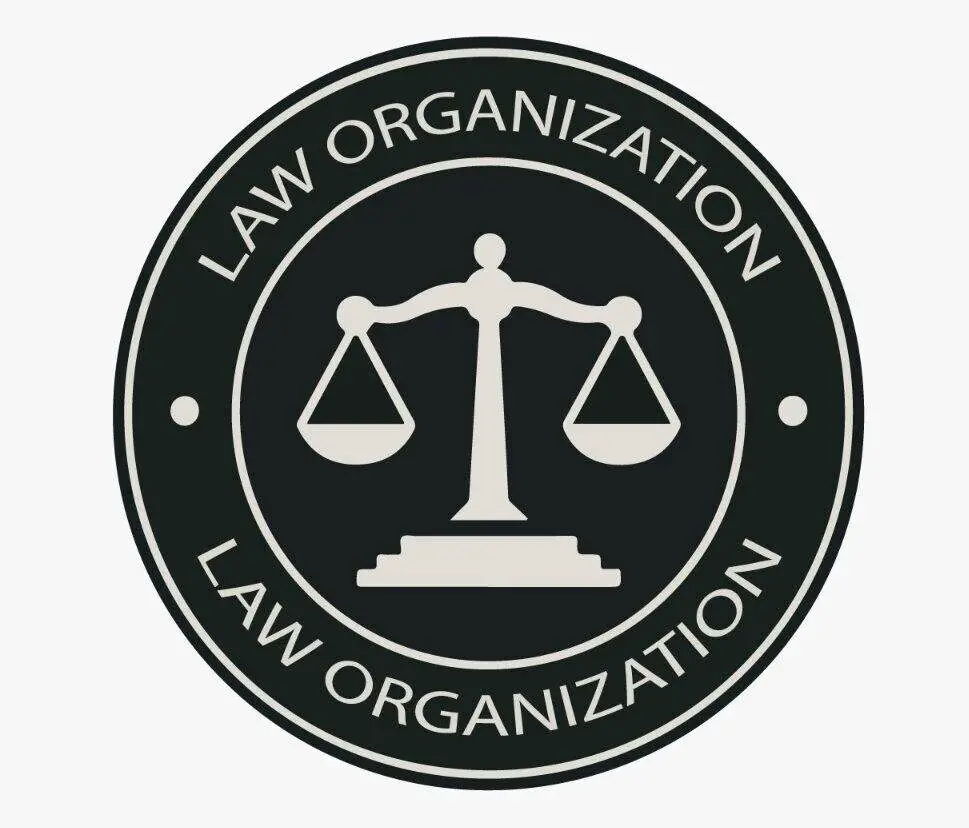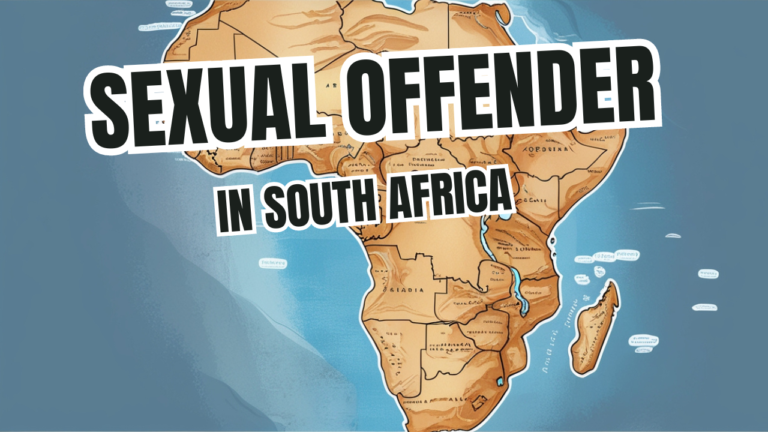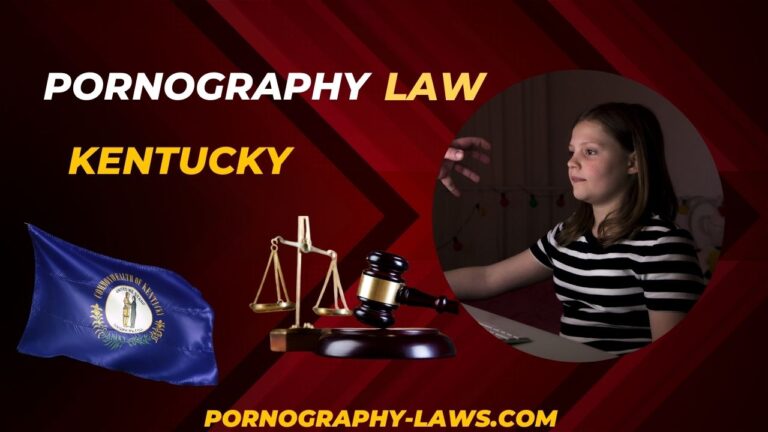South Korea Strange And Strange Rules
South Korea is a lively country with a good culture and a variety of cuisines. But have you ever wondered what strange laws in South Korea yet weird laws in South Korea? You might have heard of not wearing red in front of a bull, otherwise, he will crack up with horns. So, have you heard of not wearing red pants on New Year’s Eve? That’s so strange laws in South Korea yet weird laws in South Korea. South Korea, a country commended for its lively culture, innovative ability, and culinary pleasures, likewise harbors an assortment of laws that frequently seem confusing to untouchables.
In this article, we will learn through the particular domain of South Korean regulation, uncovering ten strange laws in South Korea yet weird laws in South Korea that describe the country’s mix of custom, innovation, and cultural standards.
10 strange/weird laws in South Korea
- Prohibition on Tattoos without Clinical Permit
In South Korea, tattoos convey a startling legitimate arrangement – they are viewed as operations. This implies that getting a tattoo is just lawfully passable when carried out by an authorized clinical expert.
The beginnings of this surprising regulation lie in the authentic relationship of tattoos with crimes, driving specialists to manage them under the domain of clinical practice. Be that as it may, lately, there has been a developing movement toward perceiving tattoos as genuine types of self-articulation and workmanship, inciting conversations about returning to this regulation.
- Check-in time for Web-based Gaming
South Korea is prestigious as the worldwide focal point of esports and internet gaming. In any case, it has additionally gathered consideration for its proactive position against gaming dependence.
To moderate the issue, South Korea strict rules have forced a time limit on internet gaming for people younger than 16. This check-in time denies minors from participating in web-based gaming between 12 p.m. and 6 a.m., underlining the significance of a fair way of life that incorporates satisfactory rest and scholarly obligations.
- No Spycam Photography
South Korea wrestles with an inescapable issue known as “spycam” photography, where secret cameras are utilized to clandestinely catch pictures or recordings of people, frequently without their assent. In light of this infringement of protection, south korea strict rules has organized rigid laws with serious punishments to battle the obtrusive practice. These laws highlight the country’s obligation to shield individual protection during a time of propelling innovation.
- Age-Based Drinking Laws
While numerous nations have laid out legitimate drinking ages, South Korea has adopted an interesting strategy by presenting age-based drinking laws. These laws direct who can buy and drink liquor in unambiguous scenes in light of their age. The point is to keep youngsters from unnecessary drinking and related cultural issues. For instance, certain spots might confine liquor deals to those over a specific age, making a layered arrangement of liquor utilization.
- One of a kind Obligatory Military Help Laws
South Korea, similar to a few different nations, upholds obligatory military help for all healthy men. While this viewpoint is typical in itself, South Korea adds a charming turn to the law. If a singular increases huge popularity as a competitor, performer, or performer, they can demand a postponement of their tactical help, permitting them to keep addressing the country on worldwide stages. This arrangement grandstands South Korea’s appreciation for its social diplomats while keeping up with the commitment of military assistance for most residents.
- Hushing Lift Babble
Riding a lift in South Korea rules frequently appear differently in relation to the relaxed air tracked down in numerous different nations. Lift behavior is set apart by a proper disposition and quietude, particularly during specific hours.
There is a regulation that forbids clear discussions in lifts between the long periods of 12 p.m. and 7 a.m., highlighting the social significance of keeping up with harmony and quietness in shared spaces. This regulation considers South Korea’s accentuation regarding public spaces and the solace of countrymen.
- No Red Underwear on New Year’s Day
New Year’s Day customs differ around the world, and South Korea flaunts a fairly unmistakable one – the notion against wearing red clothing. It is accepted that wearing red underpants on this promising day might bring terrible luck. This charming mix of odd notions and social convictions highlights the significance of customs and ceremonies in South Korean culture.
- No Strolling Canines Out in the open After 10 pm
In specific South Korean urban communities, laws have been executed to check commotion contamination, including guidelines disallowing canines to stroll openly after 10 p.m.
While this might appear to be surprising, it is a statement of South Korea’s obligation to keep up with quiet living conditions. These laws balance the privileges of animals and people with the peacefulness of neighborhoods.
- No Extra Time Internet Gaming
Web-based gaming is gigantic prevalent in South Korea, yet the nation has introduced laws to check unnecessary gaming. One such guideline confines web-based gaming between the long periods of 12 a.m. also, 6 a.m., deterring players from taking part in long-distance race gaming meetings that could disturb their day-to-day routines and schedules.
- Spitting In broad daylight Disallowed
While spitting in broad daylight might be a typical sight in numerous nations, South Korea takes major areas of strength for and against this propensity. Laws have been sanctioned to preclude spitting out in the open spots, and these guidelines are completely authorized.
This regulation reflects South Korea’s obligation to neatness and cleanliness of open spaces, supporting the significance of shared conditions.
These ten bizarre laws give an enthralling look into South Korea’s unmistakable legitimate scene, which is molded by an agreeable mix of custom, innovation, and cultural qualities. South Korea’s lawful structure is impacted by its significant verifiable roots, social standards, and its continuous endeavors to address contemporary difficulties.
It’s fundamental to recognize that South Korea’s general set of laws has gone through critical changes throughout the long term. The country has changed from a Confucian-based legitimate structure to a cutting-edge, majority rule framework set apart by persistent changes and transformations to meet the developing necessities of society.
Upholding these laws additionally reflects South Korea’s obligation to fundamental beliefs, including protection, training, and keeping everything under control in open spaces. These qualities are profoundly imbued in South Korean culture and are reflected in the country’s legitimate structure.
Conclusion
All in all, South Korea’s unconventional laws offer an enamoring knowledge of a country that amicably joins custom with advancement, individual freedoms with cultural standards, and mechanical progressions with social protection.
Albeit these laws may at first seem odd to outcasts, they act as a demonstration of the multi-layered nature of South Korean culture and its continuous undertaking to face the difficulties presented by a quickly influencing world.
As South Korea proceeds to advance and declare its impact on the worldwide stage, its legitimate structure will without a doubt go through additional variations, offering new bits of knowledge into the complicated connection between regulation, culture, and society in this unique country.




Your point of view caught my eye and was very interesting. Thanks. I have a question for you.
Thanks for sharing. I read many of your blog posts, cool, your blog is very good.
Thanks for sharing. I read many of your blog posts, cool, your blog is very good.
I don’t think the title of your article matches the content lol. Just kidding, mainly because I had some doubts after reading the article.